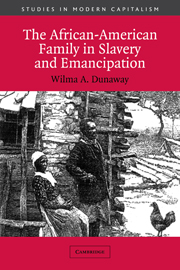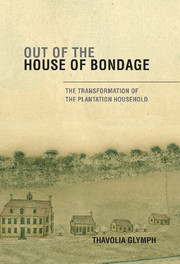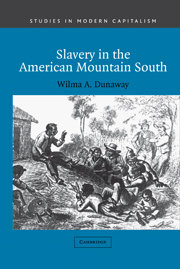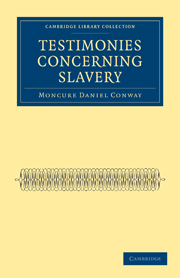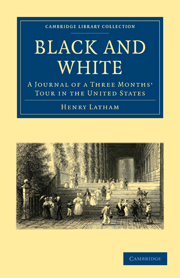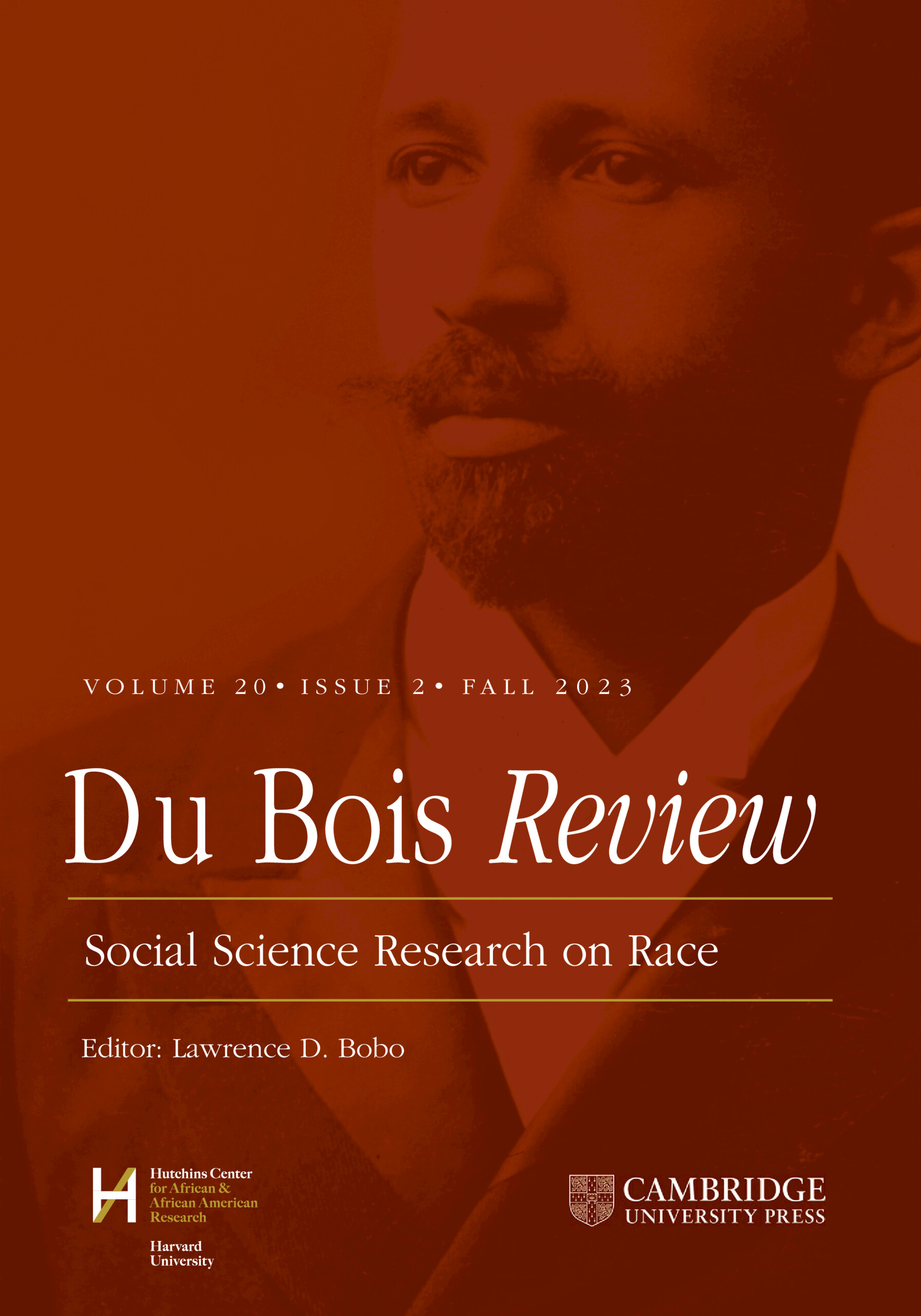The African-American Family in Slavery and Emancipation
$74.00 (C)
Part of Studies in Modern Capitalism
- Author: Wilma A. Dunaway, Virginia Polytechnic Institute and State University
- Date Published: April 2003
- availability: Available
- format: Hardback
- isbn: 9780521812764
$
74.00
(C)
Hardback
Other available formats:
Paperback
Looking for an examination copy?
If you are interested in the title for your course we can consider offering an examination copy. To register your interest please contact [email protected] providing details of the course you are teaching.
-
Wilma Dunaway contends that studies of the U.S. slave family are flawed by the neglect of small plantations and export zones and the exaggeration of slave agency. Using data on population trends and slave narratives, Dunaway identifies several profit-maximizing strategies that owners implemented to disrupt and endanger African-American families. These effective strategies include forced labor migrations, structural interference in marriages and childcare, sexual exploitation of women, shortfalls in provision of basic survival needs, and ecological risks. This book is unique in its examination of new threats to family persistence that emerged during the Civil War and Reconstruction.
Read more- Draws on a massive statistical data base derived from antebellum census manuscripts and county tax records through to slaveholder manuscripts and slave narratives
- Features companion website of supporting materials: http://scholar.lib.vt.edu/vtpubs/mountain_slavery/index.htm
- Challenges the dominant scholarship on the American Slave family
Reviews & endorsements
"Dunway's attempt to present a comprehensive view of slavery (and freedom) in Appalachia is to be lauded ... Dunway's book breaks new ground." - Appalachian Journal
See more reviews"Dunaway's volumes raise important questions and give provocative answers about the experience of slavery in nineteenth-century America. In particular, the findings of The African American Family will contribute to the ongoing debate about the nature of slavery on small plantations and farms." - Journal of Interdisciplanary History, Jane Turner Censer
"...impressive..." - Appalachian Heritage
"This book is a valuable contribution to the historiography of antebellum slavery and our understanding of the challenges that African American families faced before, during, and after emancipation.... It is well-researched, engaging, persuasive, and extremely thorough. Dunaway handles her sources, and the subject, with expertise and great sensitivity. She is to be praised for an outstanding and important piece of work." - America Studien/American Studies
Customer reviews
Not yet reviewed
Be the first to review
Review was not posted due to profanity
×Product details
- Date Published: April 2003
- format: Hardback
- isbn: 9780521812764
- length: 382 pages
- dimensions: 229 x 25 x 152 mm
- weight: 0.73kg
- contains: 32 b/w illus. 7 maps
- availability: Available
Table of Contents
Introduction
1. Slave trading and forced labor migrations
2. Family diasporas and parenthood lost
3. Malnutrition, ecological risks, and slave mortality
4. Reproductive exploitation and child mortality
5. Slave household subsistence and women's work
6. The impacts of Civil War on slave families
7. The risks of emancipation for black families
8. Reconstruction threats to black family survival
Theoretical reprise.
Sorry, this resource is locked
Please register or sign in to request access. If you are having problems accessing these resources please email [email protected]
Register Sign in» Proceed
You are now leaving the Cambridge University Press website. Your eBook purchase and download will be completed by our partner www.ebooks.com. Please see the permission section of the www.ebooks.com catalogue page for details of the print & copy limits on our eBooks.
Continue ×Are you sure you want to delete your account?
This cannot be undone.
Thank you for your feedback which will help us improve our service.
If you requested a response, we will make sure to get back to you shortly.
×
